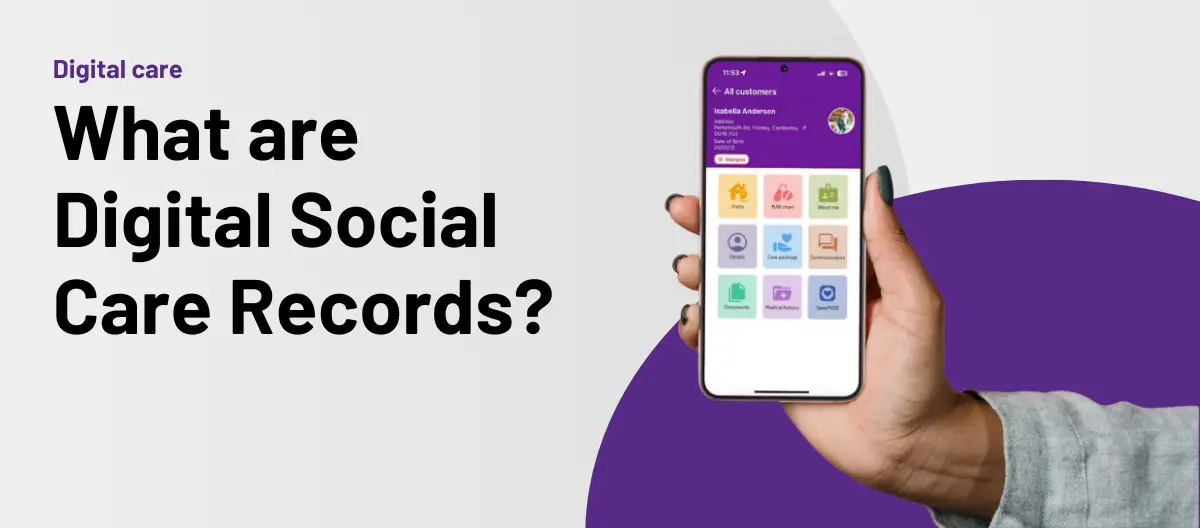Similar to the Homesharer scheme, au pairing is another intergenerational live-in scheme available to elderly homeowners, and actually the inspiration for this set of blogs on the topic of loneliness. If I had known before I embarked on my journey as an au pair in Spain that I had the option of being an ‘au pair for seniors’ or ‘au pair companion’, I would have seriously considered it, and probably had a very different experience!
I first came across the term this Summer, as I was researching au pair agencies trying to help my host family find a new au pair. I had never heard of this variation of the traditional child-help cultural exchange which I had chosen due to the established programme, 5 hours a day Monday-Friday, accommodation, food and time to study in a language school.
Although some au pair agencies have been running exchanges of this kind for twenty years, this hasn’t developed into a well-established or well-known scheme. Even the traditional au pair scheme only follows rough guidelines in the UK, as the government never signed a formal au pair agreement. Therefore, each agency varies slightly in their interpretation of the role.
Like house sharers on the Homesharer scheme, au pairs live in a spare room, offering help (again not regulated personal care[1]). The difference being, the au pair works longer hours (double or much more), receives pocket money, and brings a cultural exchange element into the mix.
Generally, the au pair companion works 20-30 hours a week (sometimes up to 45 depending on individual agreement/agency), with their main meals paid for – though in many cases they may have to physically shop and cook as part of their role. Like a traditional au pair, they would be considered as an extension of the family, not just a paying ‘roommate’ as with home sharing. Light duties would include housework (cleaning and laundry), shopping, preparing food, accompaniment on trips out (to the doctors, neighbours, visiting friends and family), looking after the garden/pets, and mostly providing company for the individual they are helping (chatting, playing games etc). They should be able to attend language classes at a local college in their spare time, and they can travel home to see their family during the year.
The benefits of this scheme are much the same as home sharing: helping alleviate loneliness and the associated health problems, providing accommodation (and in this case language practice and cultural exchange) and providing peace of mind for both families and the care sector as any problems can be monitored and acted on quickly. Successful matches are beneficial and enjoyable for both parties, as seen in this review of one case.[2]
As for costs, like the traditional au pairs, senior carers coming to the UK do not need to be paid minimum wage or receive holiday pay (as long as they ‘share in work and leisure activities’ of the hosts and ‘are treated as one of the family’). This means that some agencies suggest pocket money of around £90-130, and in the UK, this also comes with the expectation that the au pair will receive a contribution to English language lessons, their flight home, and petrol money and personal use of the car if they are expected to drive as part of their role. Other suggested contributions to costs could be mobile phone and college money. On top of this most agencies require a small fee on registration and or on placement. Therefore, au pairs for seniors are more likely to cost more than a home sharing scheme. However, they promise more hours, cultural exchange and a slightly different ‘familial’ relationship, instead of just a housemate.
Like the sound of being or employing an elderly care companion?
If you’re interested in being a senior au pair abroad this could look slightly different. You would most likely receive the host country’s minimum wage, and you would have to check the type of legal contract you need, as senior companions are not part of any official au pair programme and you would have to comply to their specific Employment Law.
This is also where Brexit comes in…
Aupair.com, based in Germany, advise their senior companions that in the case that the senior caregiver needs a visa to work in the target country, the host country’s embassy will most likely deny the petition, as visas are usually not issued for senior caregiver employment. Therefore, they suggest that the host country does not require a visa: i.e. they fall within the EU free movement laws or individual country agreements.
Considering Brexit’s many uncertainties, this could very much affect this alternative to au pairing, as well as traditional au pairing, for future hopeful participants as well as hopeful UK families looking for an au pair.
Currently for non-EU citizens wishing to become an au pair in the UK they must qualify for either the Tier 5 Youth Mobility Visa (available for those from a short list of countries) or a student visa for which you have to have been first offered a place in a course with a licensed sponsor. Who knows what this would mean for the scheme after Brexit, but a wild guess would have me say that it would make it a lot harder, less attractive or maybe even impossible?
So, if you, like me, believe that this brilliant, almost unknown, unofficial programme could make a difference for the healthcare sector or a loved one, then what can we do? We can raise its profile and get people talking about it!
By Katherine Maule
[1] Bathing, medication administration, lifting, and feeding.




